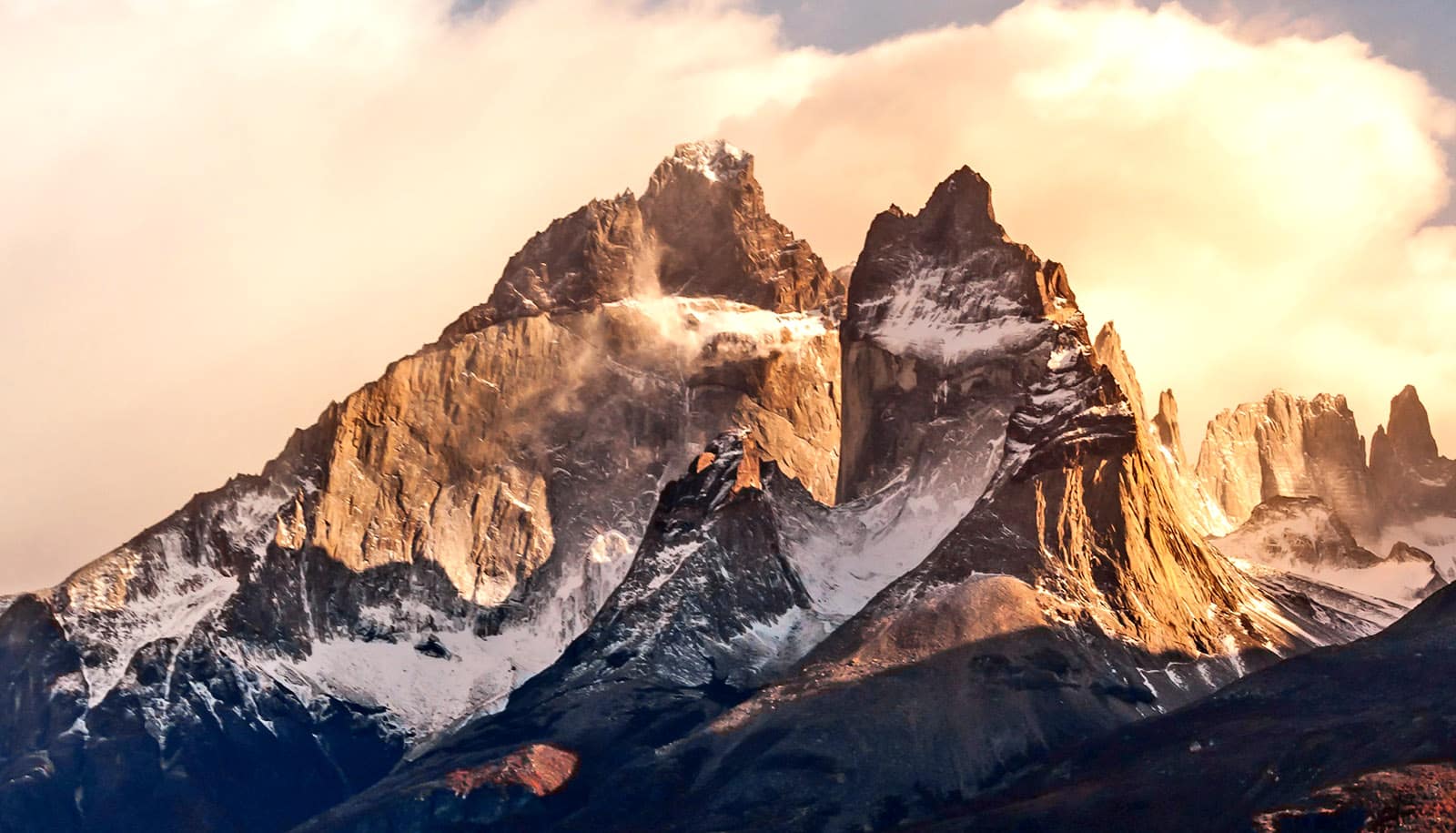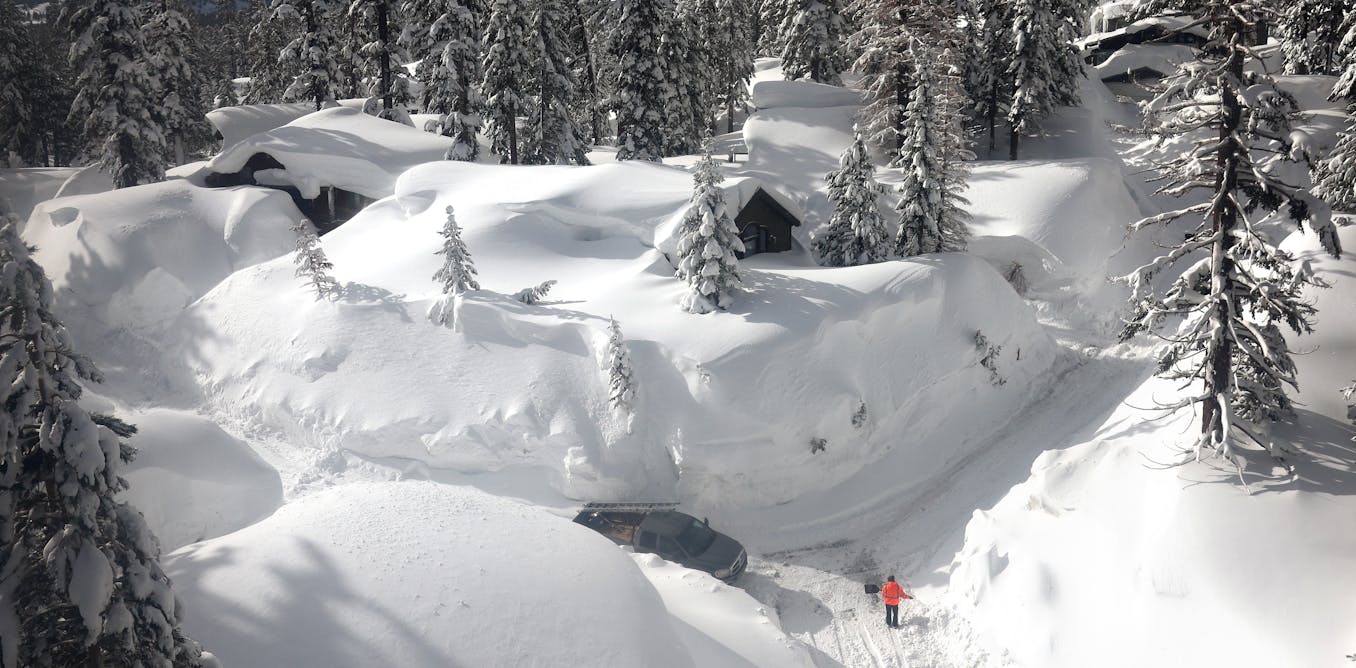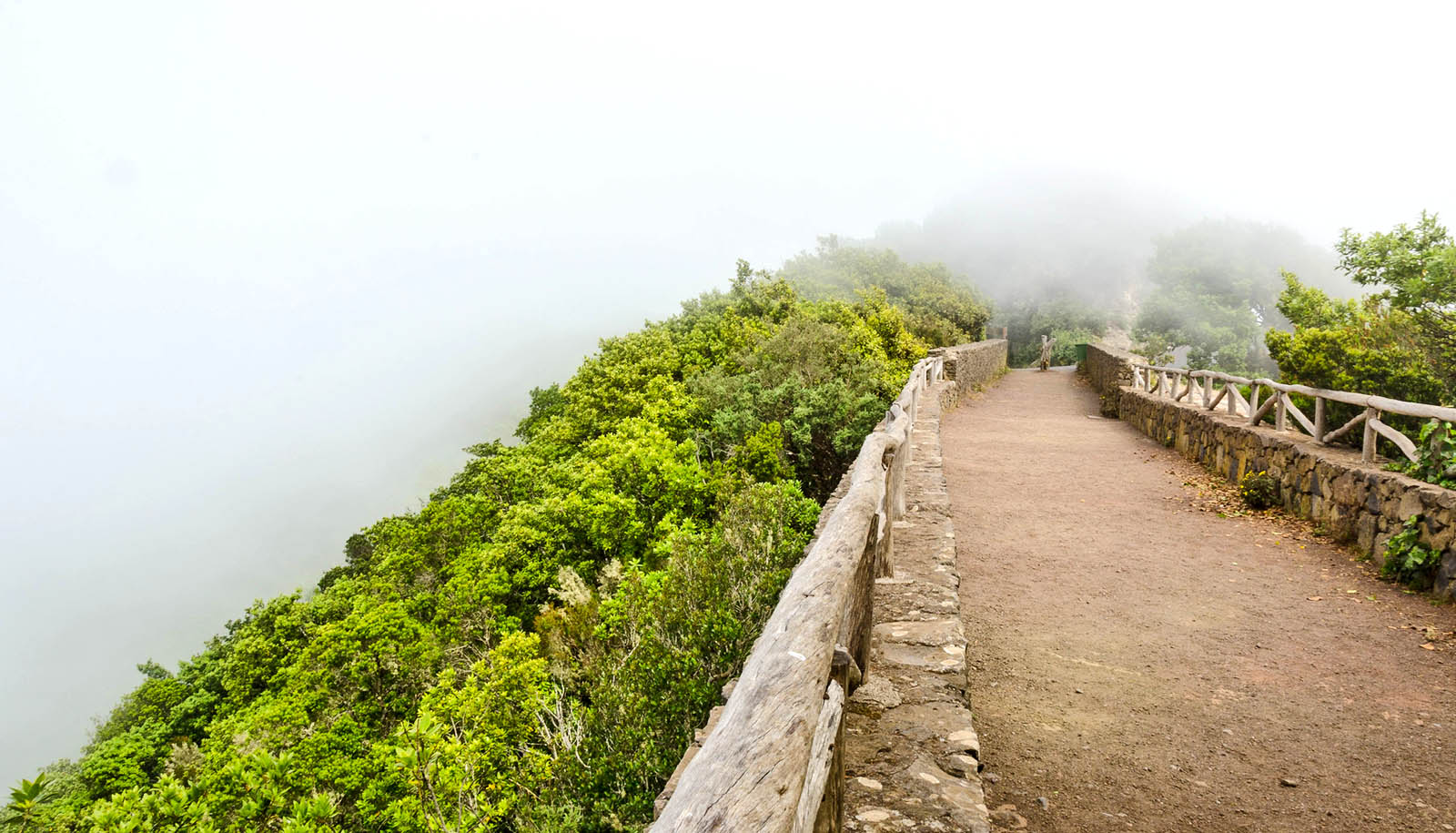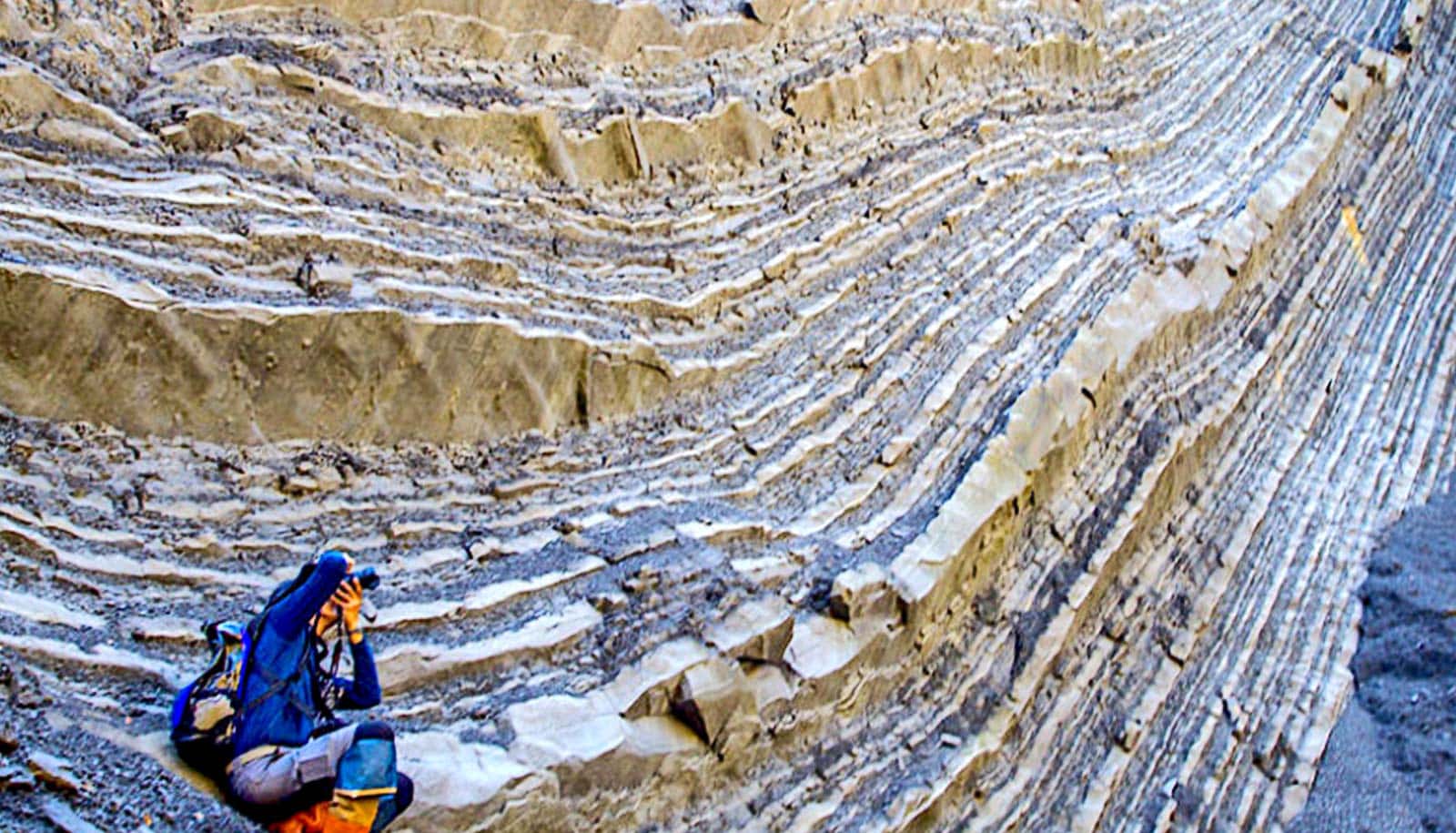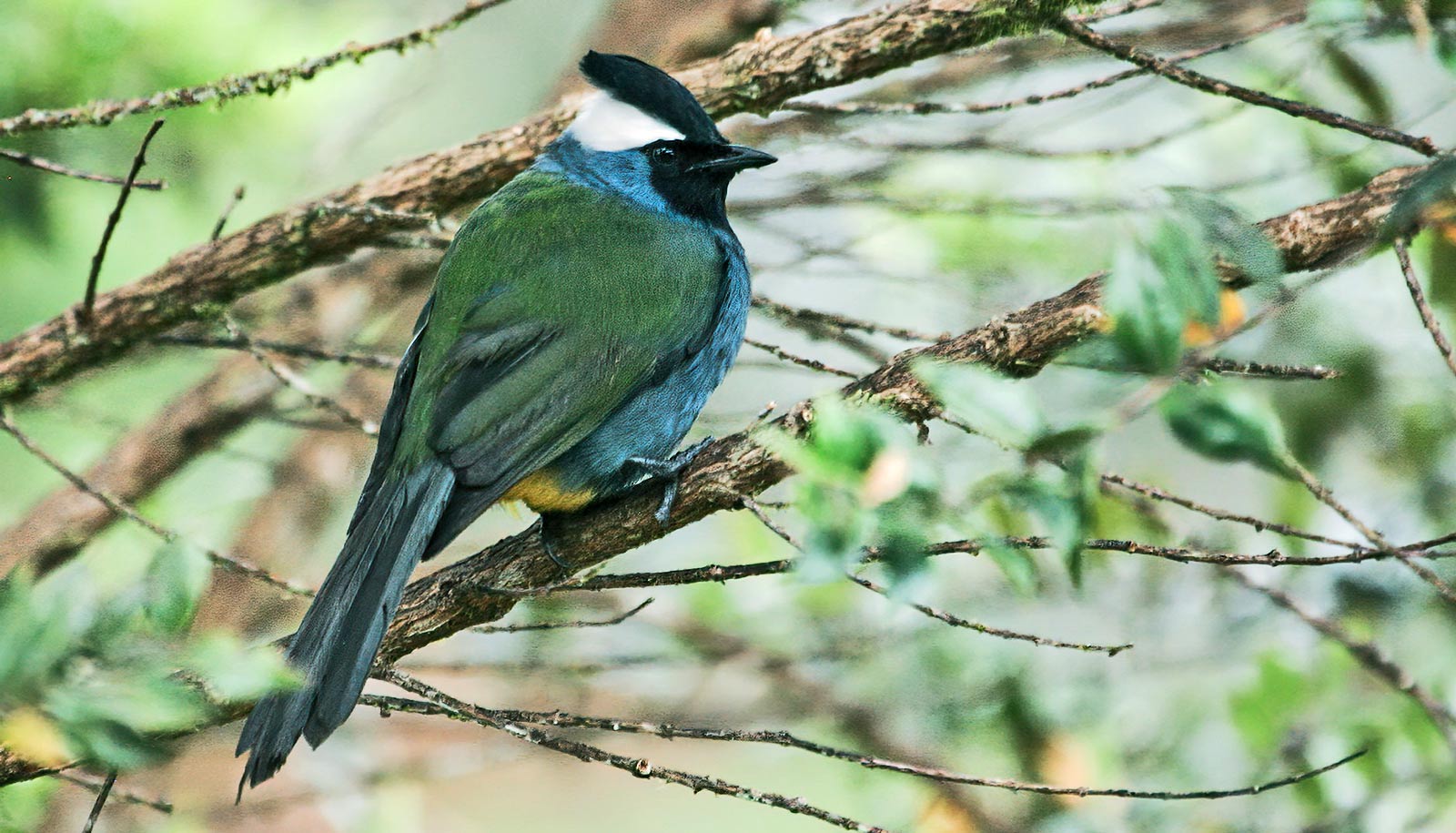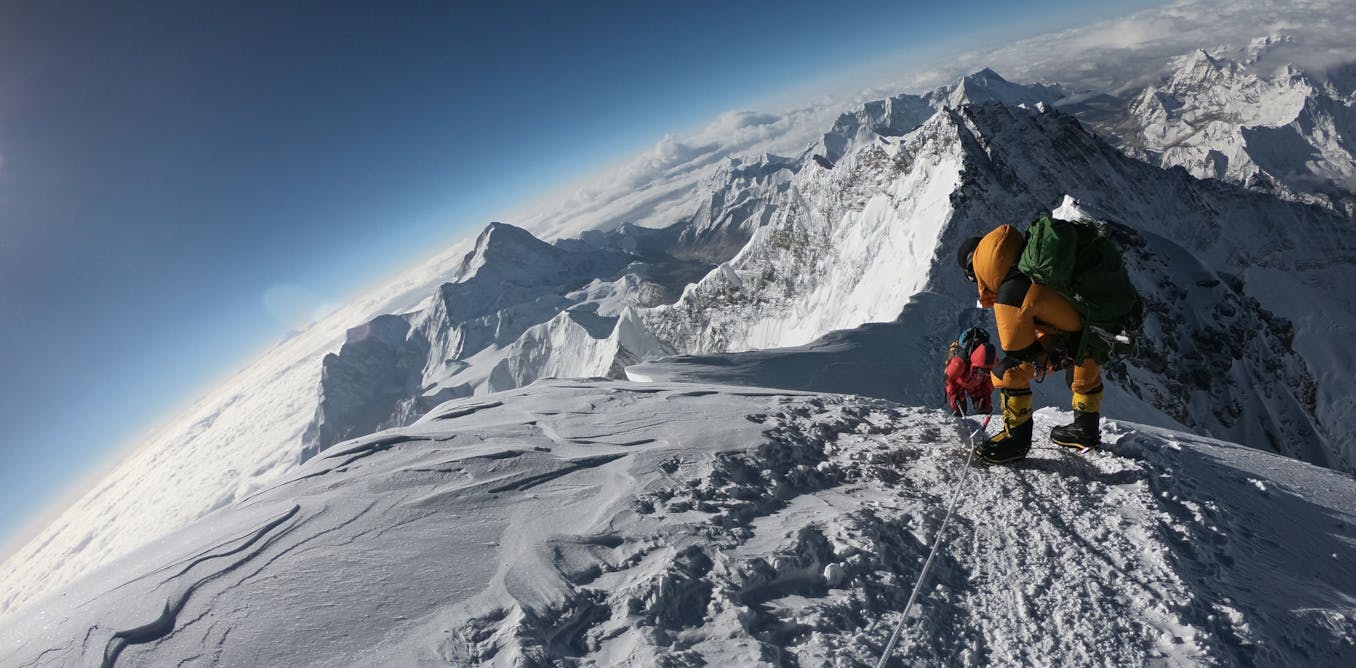Why rain on snow in the California mountains worries scientists
Another atmospheric river is hitting the state, raising flood risks as rain falls on deep snowpack. Rain on snow is also a growing problem as the planet warms.
Keith Musselman, Assistant Professor in Geography, Mountain Hydrology, and Climate Change, University of Colorado Boulder •
conversation
March 14, 2023 • ~7 min
March 14, 2023 • ~7 min
Mountain environments are key to biodiversity – but the threats to them are being ignored
Mountain environments are rich in plant and animal species, but the dual threat of human habitation and climate change means urgent action is needed to protect them.
Rob Marchant, Professor of Tropical Ecology, University of York
• conversation
Jan. 11, 2023 • ~8 min
Jan. 11, 2023 • ~8 min
Mountain glaciers may hold less ice than previously thought – here’s what that means for 2 billion downstream water users and sea level rise
Glaciers in North America, Europe and the Andes, in particular, have significantly less ice than people realized.
Mathieu Morlighem, Professor of Earth Sciences, Dartmouth College •
conversation
Feb. 7, 2022 • ~8 min
Feb. 7, 2022 • ~8 min
Mountain glaciers hold less ice than previously thought – it's a concern for future water supplies but a drop in the bucket for sea level rise
Glaciers in North America, Europe and the Andes, in particular, have significantly less ice than people realized.
Mathieu Morlighem, Professor of Earth Sciences, Dartmouth College •
conversation
Feb. 7, 2022 • ~8 min
Feb. 7, 2022 • ~8 min
/
5

